Cape Cod’s water quality is getting worse, report finds
wbur
January 3, 2022
Walter Wuthmann

A new report released Monday finds that surface water quality on Cape Cod has degraded for the third year in a row.
The Association to Preserve Cape Cod’s annual State of the Waters report tracks the water quality of the Cape’s freshwater ponds, marine estuaries, and public drinking water.
Although the report’s findings don’t indicate an immediate threat to public health, they represent a concerning trend, and follow other recent reports of PFAS contamination in the region’s surface waters.
The association found “continued degradation” in the water quality of the Cape’s estuaries, with 87% of the region’s coastal embayments were found to have “unacceptable” water quality, meaning they suffered from excess nutrients, compared to 79% the year before.
That pollution feeds cyanobacteria blooms, also known as toxic algae, which can kill wildlife and harm humans and pets. Scientists predict warming temperatures attributable to climate change will contribute to more frequent and intense toxic algae blooms in New England lakes and ponds.
The results come “as no particular surprise,” said APCC Executive Director Andrew Gottlieb. “It’s an unhappy finding, but it is one that we felt the need to continue to publicize.”
The APCC also reported unacceptable water quality in 35% of the Cape’s freshwater ponds — a proportion roughly similar to the year before — and several examples of town public water supplies falling below acceptable water quality standards.
Most homes and buildings on the Cape use septic systems, which discharge nitrogen and other nutrients into the groundwater.
The problems “are the result of decades of rudimentary wastewater treatment and septic systems that have accumulated and contributed nutrients to these water bodies, and basically put them over their tipping point,” Gottlieb said.
Gottlieb said it will take years to fix the pollution, and that towns should continue to invest in public wastewater treatment systems. Such projects are expensive for individual communities to shoulder, with capital and operating costs running into the millions.
But Gottlieb pointed to the success of a state program to provide low-interest loans for water treatment facilities, and hopes some of the billions of dollars allocated to water systems in the federal infrastructure package make it to the Cape.
“We are finally seeing an uptick in municipal efforts to approve, construct, and finance the wastewater treatment systems that are going to be needed to solve this problem,” Gottlieb said.
Chris Kilian, vice president for Strategic Litigation at the Conservation Law Foundation (CLF), which has sued a number Cape Cod towns over water quality issues, said laws need to change as well.
“The first thing we need to do is stop putting in new [septic] systems that we know are just going to make the problem worse,” he said.
“We can’t just do business as usual and expect anything to change,” he said.
Cape Cod’s water quality is getting worse, report finds – wbur
